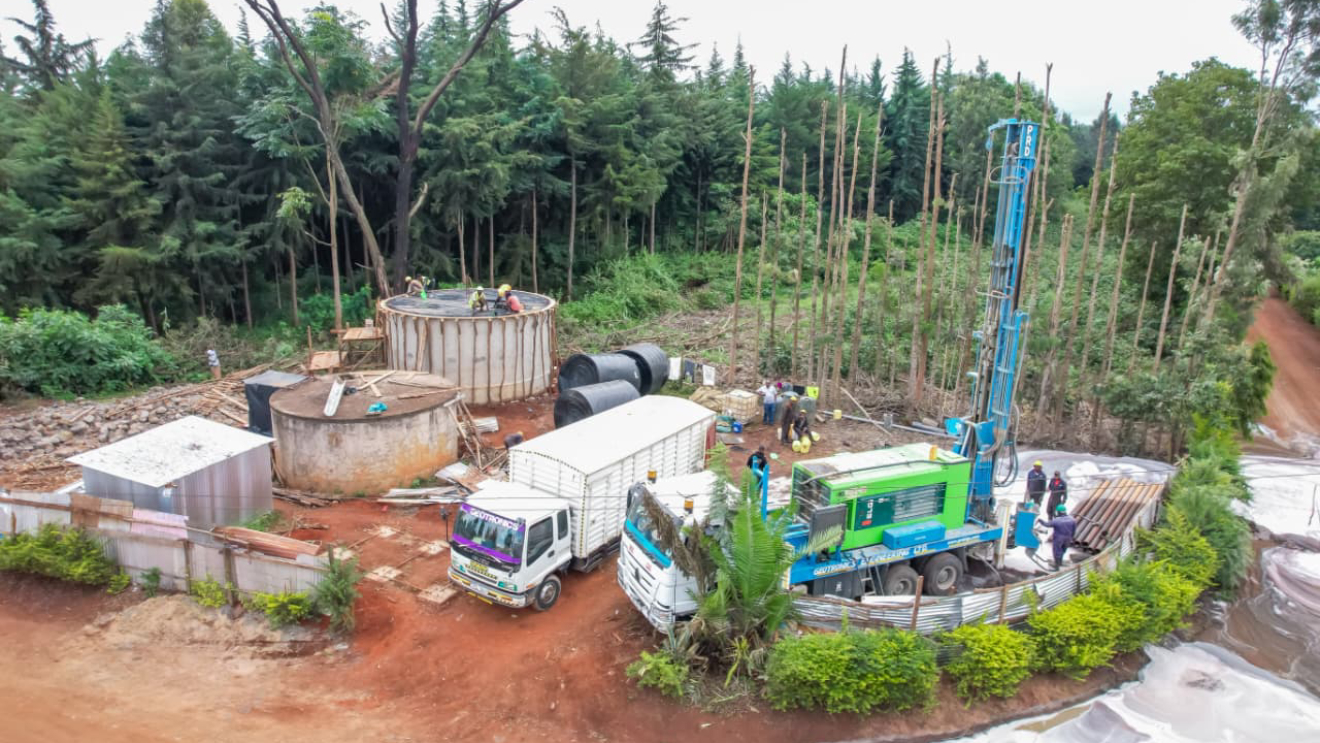Kenya's property sector is witnessing renewed lobbying efforts as the Capital Markets Authority (CMA) joins forces with Real Estate Investment Trusts (REITs) to reinstate a crucial tax exemption.
The focus of their efforts is the removal of stamp duty, a levy on property acquisitions, which has burdened the industry since its expiry in December 2022.
The impact of stamp duty is particularly pronounced for REITs, especially Income REITs (I-REITs) that focus on acquiring income-generating properties.
ILAM Fahari I-REIT, a recently delisted Nairobi Securities Exchange player, highlighted the issue in its annual report, stating, "Among the latest changes is the exemption of stamp duty when acquiring assets for the REITs, which expired in December 2022."
The report further adds, "The CMA together with the REITs' industry players are lobbying for reinstatement of the same."
Read More
The reinstatement of the stamp duty exemption would significantly reduce acquisition costs for REITs, allowing them to invest more capital into property purchases.
It's important to understand that REITs come in two primary categories: D-REITs (Development REITs) that concentrate on developing properties for capital gains, and I-REITs (Income REITs) that acquire income-generating properties.
Both types of REITs offer a chance for individuals and institutions to participate in the real estate sector through fractional ownership, represented by units similar to shares.
One of the most significant advantages of investing in REITs is their favourable tax treatment, which includes exemptions from income and capital gains taxes.
As ILAM Fahari I-REIT explains, "The REIT manager and trustee mitigates these tax risks by, firstly, monitoring and taking proactive action to help ensure that the REIT remains compliant with tax registration requirements."
The return of the stamp duty exemption would further bolster this advantage, making REITs a more attractive investment option.
The combined efforts of the CMA and the REITs industry could pave the way for a more dynamic property sector in Kenya.
By lowering acquisition costs, the return of the stamp duty exemption has the potential to unlock fresh investment opportunities and contribute to the overall growth of the market.







 shares a light moment with the company's Group CEO Dr Patrick Tumbo (right) at a past event-1758121528.jpeg)